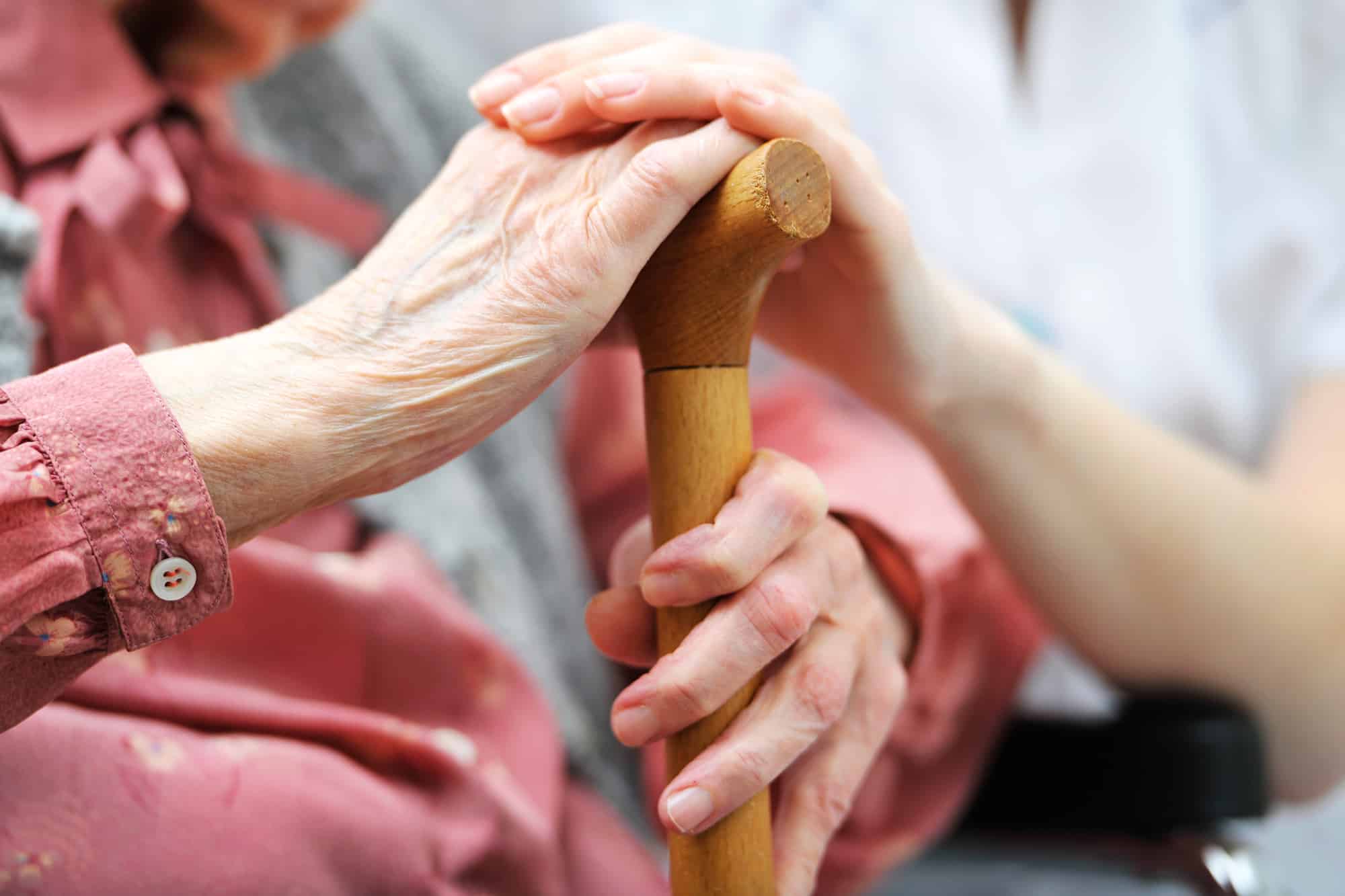Senior Home Care Orlando FL: Comprehensive In-Home Assistance for Seniors
Senior Home Care Orlando FL: Comprehensive In-Home Assistance for Seniors
Blog Article
Trick Considerations for Family Members When Choosing Appropriate Senior Care Solutions for Their Aging Relatives
Choosing proper senior treatment remedies for maturing family members is a nuanced process that requires careful consideration of several aspects. Families need to start by evaluating the special demands of their loved ones, thinking about medical backgrounds, psychological wellness, and personal preferences. The analysis of offered treatment optionsâEUR" varying from at home aid to specialized facilitiesâEUR" must be balanced with an understanding of financial effects and safety and security problems. As family members navigate these intricate options, the function of open interaction and cooperation can not be overstated, yet several ignore critical elements that might considerably affect the end result.
Assessing Individual Needs

Additionally, psychological and social requirements play a considerable duty in the health of senior citizens. An assessment needs to consider the person's need for social engagement, hobbies, and support systems. Household dynamics and the schedule of informal caregivers should likewise be factored into the equation, as they can affect the sort of care that is most appropriate.
Assessing Care Options

In-home care offers the benefit of familiar surroundings and individualized attention, which can enhance convenience and emotional health. On the other hand, aided living facilities supply a structured setting with accessibility to on-site treatment and social tasks, cultivating area involvement. Nursing homes accommodate those calling for extensive medical guidance, while adult day treatment programs enable seniors to participate in social activities throughout the day, providing reprieve for household caretakers.
It is critical to evaluate the staff qualifications, center licensing, and available services in each alternative. Additionally, households must seek responses from existing residents or customers and examine the general online reputation of the care providers. Ultimately, picking the right treatment option is a pivotal choice that needs to reflect an equilibrium in between the elderly's demands, safety and security, and quality of life.
Recognizing Costs and Budget
Navigating the financial landscape of senior treatment can be complicated, as various choices come with varying prices that can dramatically impact a family members's budget plan. Understanding these costs is essential for family members to make educated choices regarding look after their aging relatives.
Common senior treatment remedies include at home care, aided living facilities, and retirement home, each with its own pricing structure. In-home care commonly charges by the hour, while aided living usually involves month-to-month rental fee plus additional service costs. Assisted living home normally have greater fees as a result of the considerable healthcare given. It is important to consider not only the base expenses but additionally any kind of surprise costs that might emerge.
Moreover, families ought to review their funds, consisting of insurance policy protection, federal government help programs, and individual financial savings. Long-term treatment insurance policy might cover specific services, which can minimize some monetary problems. Developing a thorough spending plan that outlines expected costs can aid families determine one of the most appropriate care option while ensuring they stay within their economic means. By adequately understanding the expenses related to each option, households can better browse this vital element of senior care planning.
Ensuring Safety And Security and Protection
Guaranteeing the security and security of elders is extremely important in any care setup, as their vulnerability typically requires intense focus and protective actions. Family members should examine the physical setting of prospective treatment centers, searching for functions such as protected entries, well-lit hallways, and easily accessible fire escape. Furthermore, the presence of security tools, such as grab bars and non-slip floor covering, can considerably minimize the threat of accidents.
Background checks on personnel likewise make sure that residents are cared for by reliable people. Keeping an eye on systems, individual emergency reaction systems (PERS), and fall discovery tools give tranquility of mind for households and instant support for senior citizens.
Last but not least, open interaction networks between family members and care carriers are necessary. Normal updates relating to the well-being of seniors, in addition to a clear technique to care strategies, can foster depend on and make sure that security continues to be a central focus in the care provided. By focusing on these aspects, families can make educated decisions that secure their aging loved ones.
Involving Family Members in Decision-Making

Households should begin by honestly communicating about the various care remedies available, such as at home treatment, aided living, or nursing facilities. It is necessary to assess the certain demands of the aging family member, including clinical requirements, mobility, and social interaction. By entailing all pertinent relative, various viewpoints and understandings can be collected, bring about even more informed choices.
Additionally, family involvement assists in recognizing possible caregivers and establishing a support network. Regular family meetings can assist in continuous conversations and adaptations as demands alter, allowing households to remain receptive to the advancing conditions of their liked one. Inevitably, a collaborative decision-making process urges a feeling of common obligation and guarantees that the chosen treatment remedy aligns with the family members's vision for their aging family member's health and dignity.
Conclusion
Finally, choosing ideal senior care remedies necessitates an extensive analysis of specific demands, available treatment choices, and connected prices. Focusing on safety and security within the living environment and fostering family involvement in decision-making processes better boosts the efficiency of care. By straightening treatment options with the aging relative's clinical history, emotional demands, and individual preferences, family members can create a supportive network that advertises well-being and sensible living for their liked ones in their later years.
Report this page